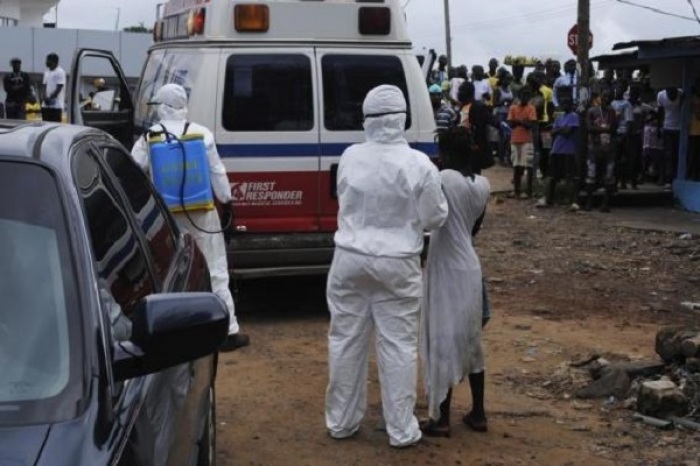Holy Communion May Put Nigerians at Risk for Ebola

Christian Nigerians are concerned that the sacrament of communion might put them at risk for contracting the Ebola virus.
Prominent Nigerian churches have asked parishioners to not put communion elements in the mouth of those receiving the sacrament and to stop shaking hands, which is part of the "rite of peace" because of the rampant spread of Ebola. According to The Associate Press, Ebola is spread through direct contact with an infected person's body fluids. There is currently no vaccine or treatment that can cure the disease.
Alfred Adewale Martins, Archbishop of Lagos, released a statement called "The Outbreak of Ebola Virus – a Pastoral Approach," in which he sought to reassure believers that the changes made to the administering of the sacrament would not affect the holiness of the practices. "Let us state clearly that the reception of commuinon-in-the-hand neither affects the validity, sanctity, dignity, and divinity of the Eucharist nor vitiates the full effects of this Sacrament on its recipients," he explains.

According to the Nigerian Tribune, Nigerian Catholic and Anglican churches issued statements back in August advising priests to administer the elements of communion into the hands of recipients instead of putting the wafers on their tongues. The churches also invoked the practice of "intinction," where the priests would dip the wafer into the communion wine before placing it in the mouth, which would limit physical contact.
Martins also discouraged the use of the "rite of peace" practice until the Ebola epidemic ends. "Taking into consideration the fact that this rite is optional, we shall henceforth omit it i.e. not invite people to offer the sign of peace," Martins wrote. "When you get to this rite, skip it."
Despite the warning, some Christians are still choosing to receive the sacrament in the mouth, the Nigerian Guardian reported. In an investigation the publication found that some priests were still using their bare hands to deliver the sacrament. Medical experts advised priests to wear gloves while they administer the sacrament and to use disposable cups when they are distributing wine.
But contradicting medical experts, the Catholic Archdiocese of Lagos assured parishioners that priests could respect the wishes of those who wanted to have the wafer put in their mouths. "Those faithful who approach the altar and desire to receive Communion of the tongue should be given accordingly. Their personal devotion to the Eucharist must be respected," the Archdiocese said.
According to The New York Times, Nigerian government officials are fearful that citizens who are stricken with the virus will go to the larger cities of the country to be cured by faith healers. Lagos is the country's largest city with a population of 20 million and has a very large sect of religious healers. Officials are imploring infected patients not to go to these healers to be cured and for the churches not to have large gatherings that could foster the spread of the disease.
Nigerian politician Hon. Chibuike Amaechi told the Nigerian Publication "This Day Live" that he has asked residents who have contracted the virus to not go to worship services. "We are discouraging people who have Ebola from going to church. You know why? Church is a place that you have a large crowd of people," Amaechi said. "If you touch one person or two persons, you are contaminating the environment and the people, and they might get infected.
Amaechi also said he didn't want religious leaders trying to heal citizens. "First, don't heal them for us, don't touch them for us, just call us," Amaechi implored. "We will get the result and treat the person accordingly. Ebola has infected nearly 5,000 people and caused at least 2,400 deaths, according to the Huffington Post.



























